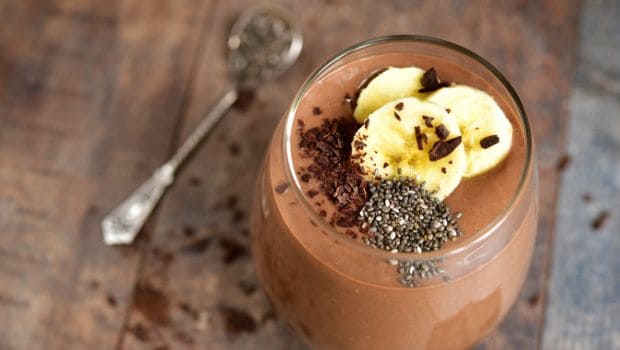
Shutterstock
Does one glass of wine per day or one bottle of beer constitute moderate alcohol consumption? How about three glasses of wine or three beers per day? Is moderation measured differently for men than it is for women? These are old questions with a new answer: Alcohol in moderation is out; abstention is in .
In the spring of 2018 the British health journal, Lancet published a reportthat claimed consumption of more than 100 grams of pure alcohol (about a half-dozen glasses of wine) causes a rise in mortality rates. Now Lancet goes further in a new report titled, “No level of alcohol consumption improves health.” It is a report on the results of a recent alcohol research study, which included 512 researchers spanning 243 academic and governmental institutions. The researchers looked into and analyzed alcohol studies as well as public health and death records between 1990-2016 from almost 200 countries and locations. They were tasked with matching the data to about two-dozen health problems, to discover if and how much risk alcohol either presents or minimizes. According to Lancet, the startling result of this study is that, despite what other studies seemingly tell us, no amount of alcohol consumption is healthy—period.
Numerous studies over the past forty years have concluded moderate alcohol consumption is a potential preventative against heart disease, studies which have also stated that excessive drinking removes the health benefit. The Lancet report doesn’t really dispute the heart disease prevention claim. Instead, it points out that the overall negative effect of any alcohol consumption outweighs the perceived positive effect of moderation.
The Lancet report reiterates information many institutions and government agencies impart, that alcohol consumption is implicated in certain cancers, strokes, liver damage, and even tuberculosis; added to this list is violence and alcohol related accidents. It tells us alcohol consumption is the leading health risk for people between ages 15 and 49, and of about 2 billion alcohol consumers the world over, almost 3 million of them died in 2016 alone from alcohol-related causes.
Some in the beverage industry have expressed concern that a phrase like “alcohol-related” sometimes has little or nothing to do with bad health results. The best example is of a car accident caused by a drunk walking in front of a vehicle driven by someone who is sober—the cause of that accident is likely to be tagged “alcohol related,” and then it might be lumped in with alcohol-health data.
In an effort to reduce alcohol consumption, some governments have focused on retail price. In the United Kingdom, where discounting alcohol at retail is common, minimum alcohol retail pricing is under experiment in Scotland, and is proposed for Northern Ireland and Wales. Generally, government mandated minimum pricing in the U.S. is frowned upon. But for a U.S. perspective on the issue of alcohol and moderate consumption, the Centers for Disease Control and Prevention hints at the possibility alcohol studies in the past have been misleading because Americans who consume alcohol in moderation generally represent a healthier, affluent population with better access to health care .
If it’s true that wealthier Americans with good health care can benefit from moderate alcohol consumption, rather than a mild indictment of alcohol moderation studies the information can conceivably be read as an indictment of American style capitalism and the U.S. health care system. To find out if that’s true, maybe we need yet another university study.
[“Source-forbes”]










